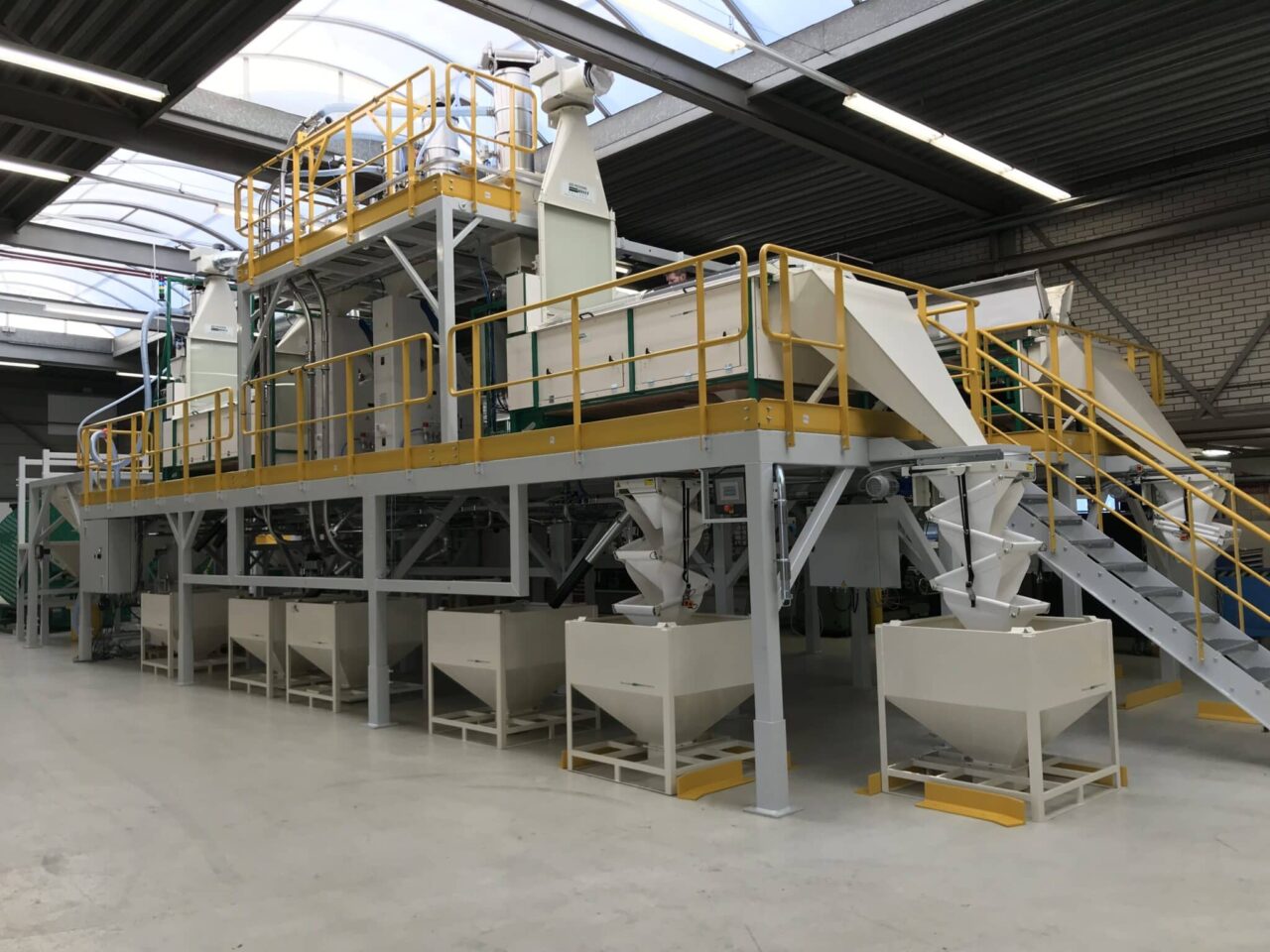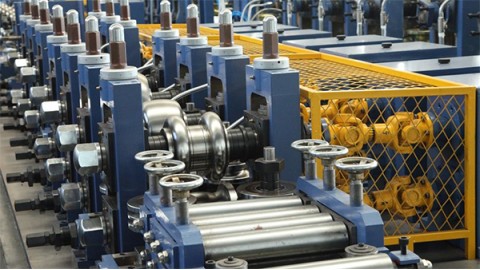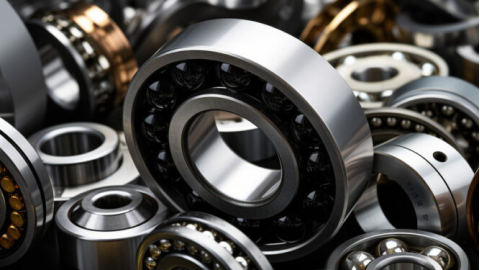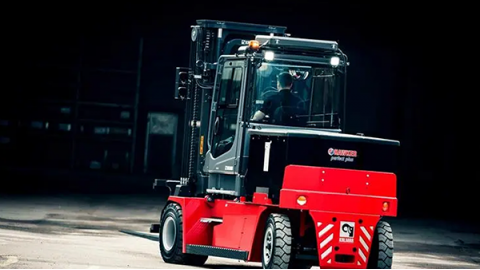Top 10 Seed Processing Machine Manufacturers and Companies
Seed processing machinery is a critical part of modern agricultural systems. This equipment turns raw, harvested seed into high-purity, high-germination planting material. The machines perform cleaning, grading, treating, and protecting operations. These steps directly impact crop yield and farm productivity. The global seed processing equipment market is growing. It is driven by demand for high-quality seeds and investment in precision agriculture. This guide explores the industry leaders and their technological innovations.

Key Technical Aspects of Seed Processing Machinery
Understanding the core machines is essential. Each type has a specific function in the seed processing line.
Gravity Separators use density differences to separate seeds. They effectively remove light impurities and empty seeds.
Color Sorters use high-resolution cameras and AI algorithms. They eject defective seeds based on color abnormalities.
Seed Treaters apply fungicides, insecticides, and biological inoculants. They use film coating or pelleting techniques for even coverage.
Precision Planters ensure accurate and consistent seed spacing and depth. This optimizes field emergence for farmers.
Cleaners and Graders use vibrating screens and air flow. They separate seeds based on size, shape, and aerodynamic properties.
Dryers reduce seed moisture content to a safe level for storage. This prevents mold and stops germination during storage.
Packaging and Bagging Systems automate weighing, filling, and sealing. They ensure seed integrity and provide traceability.
Criteria for evaluating Top Manufacturers
Selecting a manufacturer requires a strict evaluation framework. Consider these key points.
Technological Innovation is measured by R&D investment and patents. Look for advanced features like AI or IoT integration.
Machine Durability depends on construction materials. Food-grade stainless steel is a common standard. Check performance data from harsh conditions.
Global Service and Support is vital. evaluate the availability of spare parts and technician response times.
Energy Efficiency impacts operating costs. Analyze power consumption metrics and dust control systems.
Customization Flexibility shows if a maker can modify machines for your crop needs, like rice or corn.
Compliance and Certification ensure safety. Machines should meet ISO 9001, CE marking, and local agricultural standards.
Cost-Effectiveness is more than the purchase price. Consider maintenance costs, part lifespan, and operational savings.
In-Depth Look at Global Market Leaders
Here is an analysis of leading seed processing machine manufacturers worldwide.
PETKUS Technologie GmbH (Germany) is a leader in gravity separation and drying technology. They have over 165 years of innovation and a global client base.
Cimbria (Denmark) provides fully integrated seed processing lines. Their pneumatic conveying and storage solutions are industry benchmarks.
Lewis M. Carter Manufacturing (USA) specializes in high-capacity equipment. Major seed companies use their continuous flow dryers and large cleaners.
Westrup A/S (Denmark) is known for robust machine design. They have a strong presence in developing markets like Africa and Asia.
Alvan Blanch Development Group (UK) offers cost-effective solutions. They focus on versatile systems for small and medium-sized operations.
Seedburo Equipment Company (USA) is a well-known distributor and maker. They are famous for customer service and educational support.
NIKO Nahrungsmittel-Maschinen GmbH & Co. KG (Germany) excels in seed treatment. They focus on environmentally sustainable processing technologies.
Akyurek Technology (Turkey) is growing in the Middle East and Asian markets. They provide automated packaging and bagging systems.
Chandra Industries (India) offers robust machinery at competitive prices. They serve price-sensitive markets effectively.
Saat Technologies (Turkey) focuses on machinery for grain and legume seeds. They have a strong regional influence.
Emerging Technologies and Future Trends
Innovation continues to shape the future of seed processing. Several key trends are emerging.
AI and Machine Learning integration allows for real-time decision-making in sorting. This reduces the need for manual intervention.
IoT Connectivity enables remote monitoring of machine performance. It facilitates predictive maintenance and data analysis of processing parameters.
Robotic Automation is becoming common in packaging and palletizing. It increases efficiency and lowers labor costs.
Advanced Optical Sorting now includes hyperspectral imaging. This can detect internal defects, going beyond surface color sorting.
Sustainable Design focuses on energy recovery systems and water recycling processes. Compatibility with biodegradable treatment chemicals is also key.
Modular System Design allows processing lines to be easily expanded. They can be reconfigured for different crop types or changing demands.
Blockchain Integration is used for traceability. It creates a tamper-proof record from the field to the farmer.
Buyer's Guide: Selecting the Right Equipment and Supplier
Choosing the correct machinery is a significant investment. Follow this practical advice for a good decision.
Start with a thorough needs assessment. Determine your annual processing volume, crop types, available space, and power requirements.
Request references and case studies from the manufacturer. Talk to clients with a similar operation size and crop focus.
Always arrange a machine test using your own seed samples. evaluate real-world performance, not just specifications on paper.
Calculate the total cost of ownership. Include installation, training, maintenance contracts, and potential upgrade costs.
Check warranty terms and after-sales support. Choose a supplier that offers comprehensive training and technical support.
Consider future scalability. Select equipment that can be upgraded or expanded modularly as your business grows.
Verify regulatory compliance. Ensure the machines meet all safety and performance standards for your target market.




